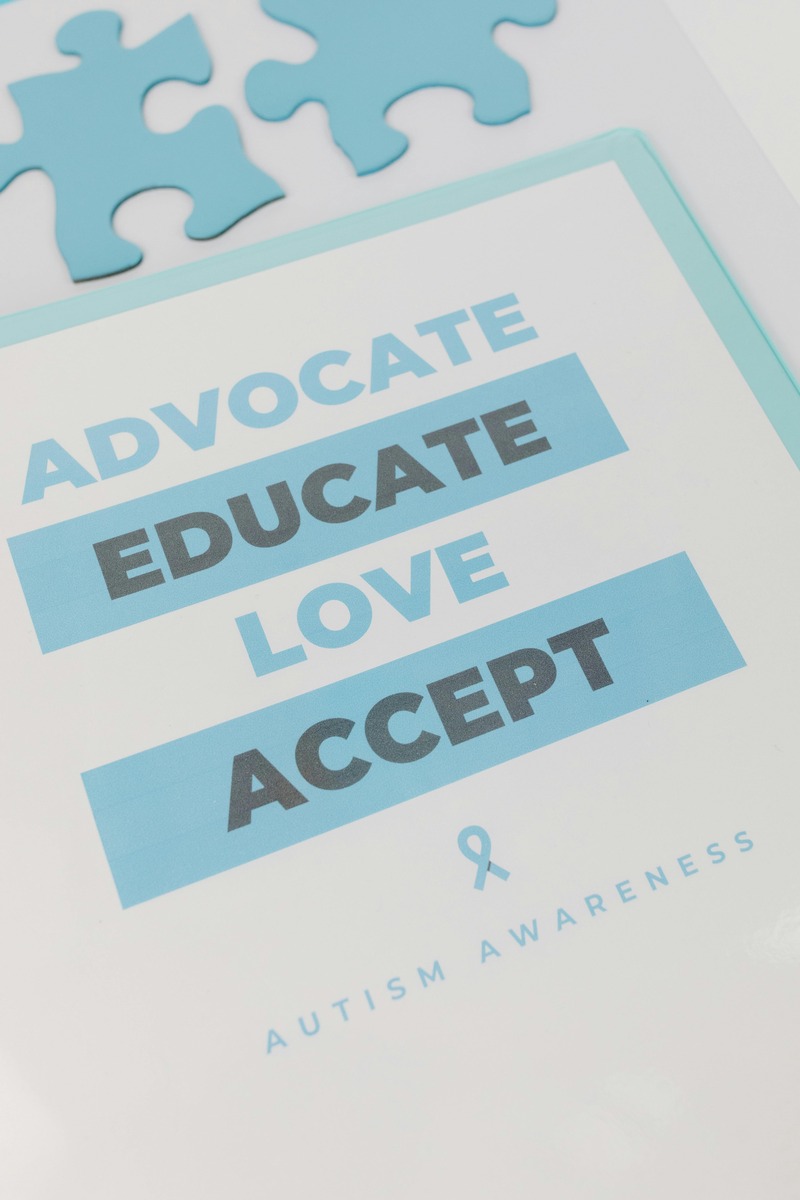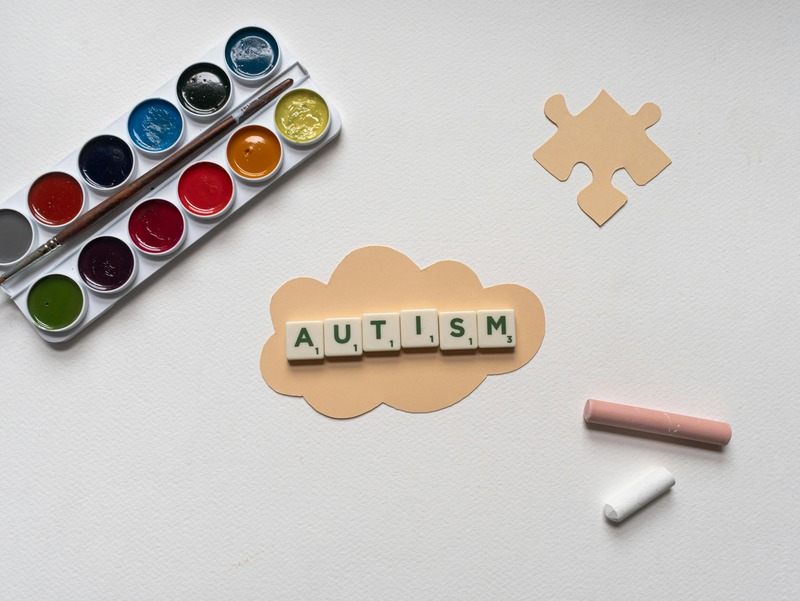Finding the right support is crucial for individuals on the autism spectrum and their families. Autism support groups provide a safe and understanding environment where members can share experiences, strategies for coping, and offer emotional support to each other. These groups often become a cornerstone of community for those affected by autism, offering a space for connection and mutual understanding that can be hard to find elsewhere.
Moreover, support groups can also serve as a hub for resources, providing information about local services, therapies, and educational opportunities. For parents and caregivers, these groups offer a platform to discuss challenges, celebrate milestones, and find solace in the shared journey of raising a child with autism. Adults with autism can also benefit by gaining social skills, fostering independence, and building friendships.
By typing “autism support groups near me” into your search engine, you can find a list of local groups where you can meet others who understand the unique challenges and joys that come with living on the autism spectrum. For more insights and resources, visit me at louisscarantino.com to learn more!
Navigating Autism Support in Your Local Area
Navigating the landscape of autism support within your local area can seem daunting, but with the right approach, it can become a manageable and even rewarding experience. Start by reaching out to local health care providers, schools, and autism advocacy organizations for referrals. These entities often maintain directories of support services and can provide recommendations based on your specific needs.
Another effective way to locate support groups is by connecting with local chapters of national autism organizations. These chapters frequently host events and meetings that can introduce you to a network of support. Additionally, online platforms and social media groups offer virtual spaces where you can connect with others in your area. These digital communities can be particularly helpful if in-person meetings are not feasible or if you’re looking for support outside of regular meeting times.
Libraries, community centers, and places of worship often serve as meeting locations for support groups and may have bulletin boards or community calendars listing upcoming events. Attending autism-related workshops, seminars, and conferences can also provide opportunities to learn about support groups from other attendees and professionals in the field.
Remember, each support group has its own culture and focus, so it may take attending a few different meetings to find the one that best suits your needs and preferences. Persistence and openness to trying various groups are key to discovering the supportive community that resonates with you and your family.
Benefits of Joining an Autism Support Group

Joining an autism support group can offer a plethora of benefits that extend far beyond the comfort of knowing you’re not alone. These groups provide a safe and nurturing environment where individuals and families can share experiences, resources, and coping strategies. The mutual understanding and acceptance found within these support networks often lead to long-lasting friendships and valuable connections.
Support groups can also be a rich source of information, offering insights into the latest therapies, educational trends, and advocacy efforts. Members frequently exchange tips on navigating the healthcare system, accessing community services, and advocating for their rights or the rights of their loved ones.
Moreover, many find that participating in support groups enhances their emotional well-being. It’s a space where the challenges associated with autism are not only understood but embraced. Empathy and compassion are at the core of these groups, helping to alleviate feelings of isolation and stress. Additionally, attending regular meetings can provide a sense of routine and stability, which is often comforting for those affected by autism.
For parents and caregivers, these groups can serve as an essential outlet to discuss the unique pressures they face, learning from others who have navigated similar paths. Discussions within the group can lead to discovering new coping mechanisms and methods to maintain personal well-being while caring for someone with autism.
The collective wisdom of a support group is invaluable, as it fosters both personal growth and community resilience. Engaging with peers who understand the nuanced journey of autism can empower individuals to tackle challenges with renewed confidence and hope.
How to Find the Right Autism Support Group for You

Finding the right autism support group that aligns with your needs and preferences is crucial for a beneficial experience. Start by considering the group’s focus; some cater specifically to parents of children with autism, while others may be aimed at adults on the spectrum themselves. It’s important to find a group where you can relate to the members and their experiences.
Next, investigate the structure of the group. Some groups may be more informal, offering a casual, open forum for discussion, while others follow a structured format with scheduled topics or guest speakers. Think about which environment makes you feel most comfortable and is more likely to meet your needs.
Location is another significant factor. While the keyword “autism support groups near me” might lead you to local resources, consider whether you prefer in-person meetings or if an online group would be more accessible or convenient. Online groups can offer a broader range of perspectives and may fit better into a busy schedule.
Don’t hesitate to reach out to the organizers and ask questions about the group’s principles, the typical meeting agenda, and the support they provide. This can give you a better sense of whether their approach matches your expectations.
Lastly, give the group a trial run. Attend a few meetings to get a feel for the group’s dynamics and the value it could add to your life. The right support group should offer a welcoming atmosphere, foster a sense of belonging, and provide the support and resources that assist you in your journey with autism.
Remember, the goal is to find a supportive community that resonates with your individual journey, offers meaningful engagement, and enhances your overall quality of life.
Online vs. In-Person Autism Support Groups: Pros and Cons

When choosing between online and in-person autism support groups, each format has its unique advantages and challenges. Online support groups offer unparalleled convenience and accessibility, especially for those who may have transportation difficulties or live in remote areas. They often provide anonymity, which can encourage openness and sharing. Additionally, online forums are available 24/7, allowing individuals to seek support at any time.
However, online groups may lack the personal touch of face-to-face interactions. The absence of physical presence can sometimes lead to misunderstandings or a sense of detachment. It’s also important to be wary of the quality of information shared online, as it may not always be vetted by professionals.
In-person support groups, on the other hand, foster a sense of community and belonging through physical presence. They allow for real-time emotional support and the opportunity to form deeper, more personal connections. Activities and discussions can be more dynamic, and the presence of facilitators or professionals can provide a structured environment.
The limitations of in-person groups include the need to travel to a specific location at a set time, which may not be convenient for everyone. There’s also the consideration of comfort level, as some individuals may feel more anxious or self-conscious in a face-to-face setting.
Ultimately, the choice between online and in-person support groups should be based on personal preference, lifestyle, and specific support needs. It’s worth exploring both options to determine which type of group provides the environment where you feel most supported and empowered on your journey with autism.
Taking the First Step: Joining an Autism Support Community

Taking that initial step to join an autism support community can be a transformative experience. It’s a move that opens doors to shared experiences, resources, and a network of support that can be invaluable to individuals with autism and their families. To begin, start by researching the various groups available, both online and in your local area. Look for communities that align with your needs and preferences, whether seeking peer support, professional advice, or simply a place to share your journey.
Once you’ve identified a potential group, reach out to the organizers or members to get a sense of the community’s atmosphere. Many groups will welcome new members with open arms and provide information on how to get involved. Don’t hesitate to attend a meeting or participate in a forum discussion to gauge if the group is the right fit for you. Remember, it’s okay to take your time and explore different options until you find a community where you feel comfortable and supported.
As you prepare to join an autism support group, consider what you hope to achieve and contribute. Are you looking for advice, friendship, advocacy opportunities, or all of the above? Being clear about your goals will help you engage more meaningfully with the community.
If you’re ready to take that first step and join an autism support community, or if you’re looking for more information on how to navigate the world of autism advocacy and support, visit me at louisscarantino.com to learn more! Together, we can take strides towards a more supportive and understanding world for individuals on the autism spectrum.
